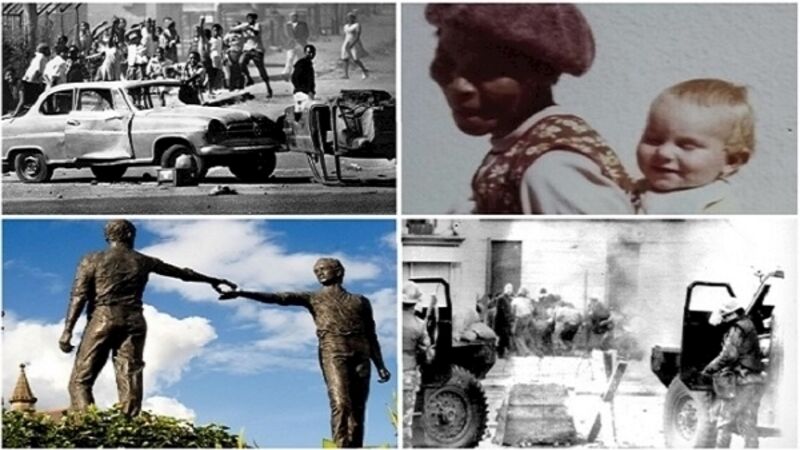Personal Insights: A childhood roadtrip in South Africa which resonates to this day

LIFE and fate teaches us that key events which shape our futures can happen at any moment.
Try from €1.50 / week
SUBSCRIBEIn this personal reflection - to launch a new digital series called ‘Personal Insights’ - Dolan O'Hagan reflects on growing up in South Africa and Northern Ireland and in particular a childhood road trip which began a journey through which the division and violence which acted as a backdrop to his life could be filtered and ultimately understood.
LIFE and fate teaches us that key events which shape our futures can happen at any moment.
Already a subscriber? Sign in
You have reached your article limit.
Annual €130 €80
Best value
Monthly €12€6 / month
Introductory offers for new customers. Annual billed once for first year. Renews at €130. Monthly initial discount (first 3 months) billed monthly, then €12 a month. Ts&Cs apply.
CONNECT WITH US TODAY
Be the first to know the latest news and updates
CONNECT WITH US TODAY
Be the first to know the latest news and updates

Our team of experts are on hand to offer advice and answer your questions here
Newsletter
The best food, health, entertainment and lifestyle content from the Irish Examiner, direct to your inbox.
© Examiner Echo Group Limited